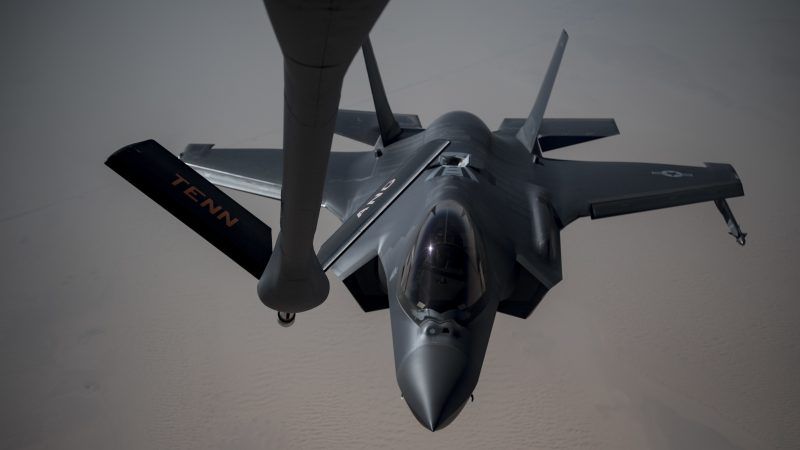Republicans and Democrats Spar Over Whether Defense Spending Should Increase by $20 Billion or $30 Billion
The depressing bipartisan consensus on ever-increasing defense spending shows no sign of breaking down anytime soon.

A bitter policy fight is brewing on Capitol Hill over exactly how much money Congress should spend to keep the country safe.
At the heart of this contentious debate is the 2020 National Defense Authorization Act (NDAA), a major piece of defense legislation that must pass each year in order to keep the lights on at the Pentagon and to fund America's numerous, occasionally constitutional conflicts overseas.
Last year's NDAA—passed in August 2018—spent $716 billion on various defense programs, which was more than twice the combined military spending of Russia and China that year.
This princely sum is apparently inadequate to deal with the security threats faced by the U.S. in fiscal year 2020, however, as lawmakers from both parties are now angling for a funding boost.
In the Democratically controlled House of Representatives, Rep. Adam Smith (D–Wash.), chairman of the House Armed Services Committee, has put forward a proposal that would spend $733 billion on defense, which is in line with what the Pentagon was expecting to get this coming fiscal year.
In March, the White House upended that expectation by requesting a $750 billion NDAA, which would include roughly $675 billion for discretionary defense spending, plus another $75 billion for overseas military operations.
The Senate Armed Services Committee agreed to the larger NDAA in late May. Now Republicans are pressuring Smith to boost funding in the House's bill to match it.
"In pursuing an arbitrarily lower budget, the proposal reduces or eliminates vital programs," warned Rep. Mac Thornberry (R–Texas) in a statement to The Hill.
Smith's bill in the House, according to Breaking Defense, saves money by scrapping plans for more nuclear subs, and spending less than the White House is demanding on new fighter planes and warships.
So far, the Washington representative is sticking to his guns, arguing that spending more than $733 billion might be fiscally irresponsible.
"I think we have enough history with the Pentagon to see it in the past, when they've been given more money than perhaps they expected, there is a lot of inefficiency and waste that follows," Smith told reporters on Monday.
Despite the sparring, Smith stressed to reporters that the vast majority of the defense spending that Congress is now considering is controversial with neither party. "The amount of stuff that we disagree on is probably about 2 percent of the bill," he stated.
This bipartisan consensus is a problem, says Christopher Preble, Vice President of Defense and Foreign Policy Studies at the Cato Institute.
"It's absurd that the U.S. thinks the only way we can be secure is if we spend $750 billion or $733 billion," says Preble. "The problem is we have defined our grand strategy very broad so that the only way we can be secure is if the whole planet is secure."
Securing the whole planet is a costly endeavor. The reason why current budget debates are so marginal, explains Preble, is that both parties largely agree on this expansive role for the U.S. military.
So long as this consensus exists, not only will U.S. defense budgets continue to grow, but arguments about them in Congress will largely center around how quickly such budgets should expand.
Rent Free is a weekly newsletter from Christian Britschgi on urbanism and the fight for less regulation, more housing, more property rights, and more freedom in America's cities.


Show Comments (64)